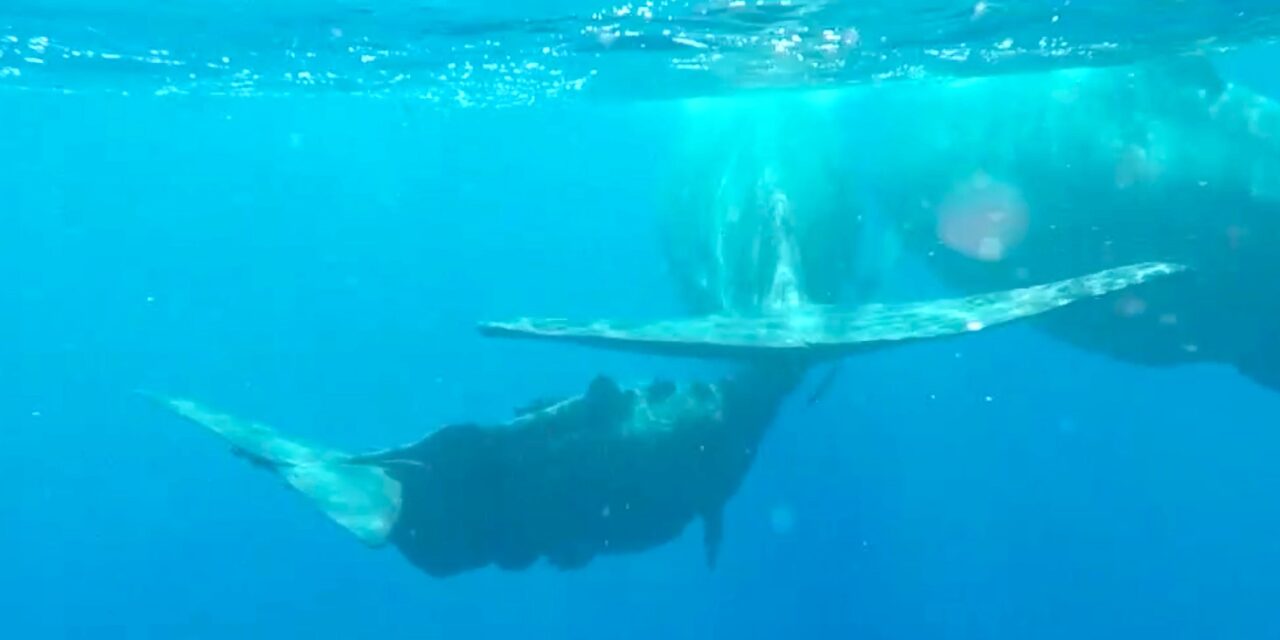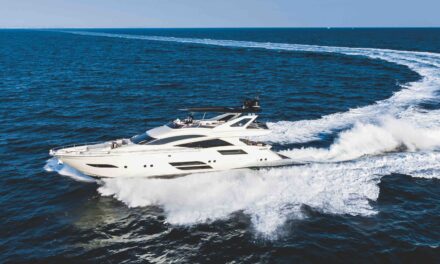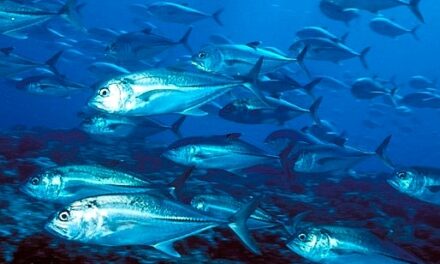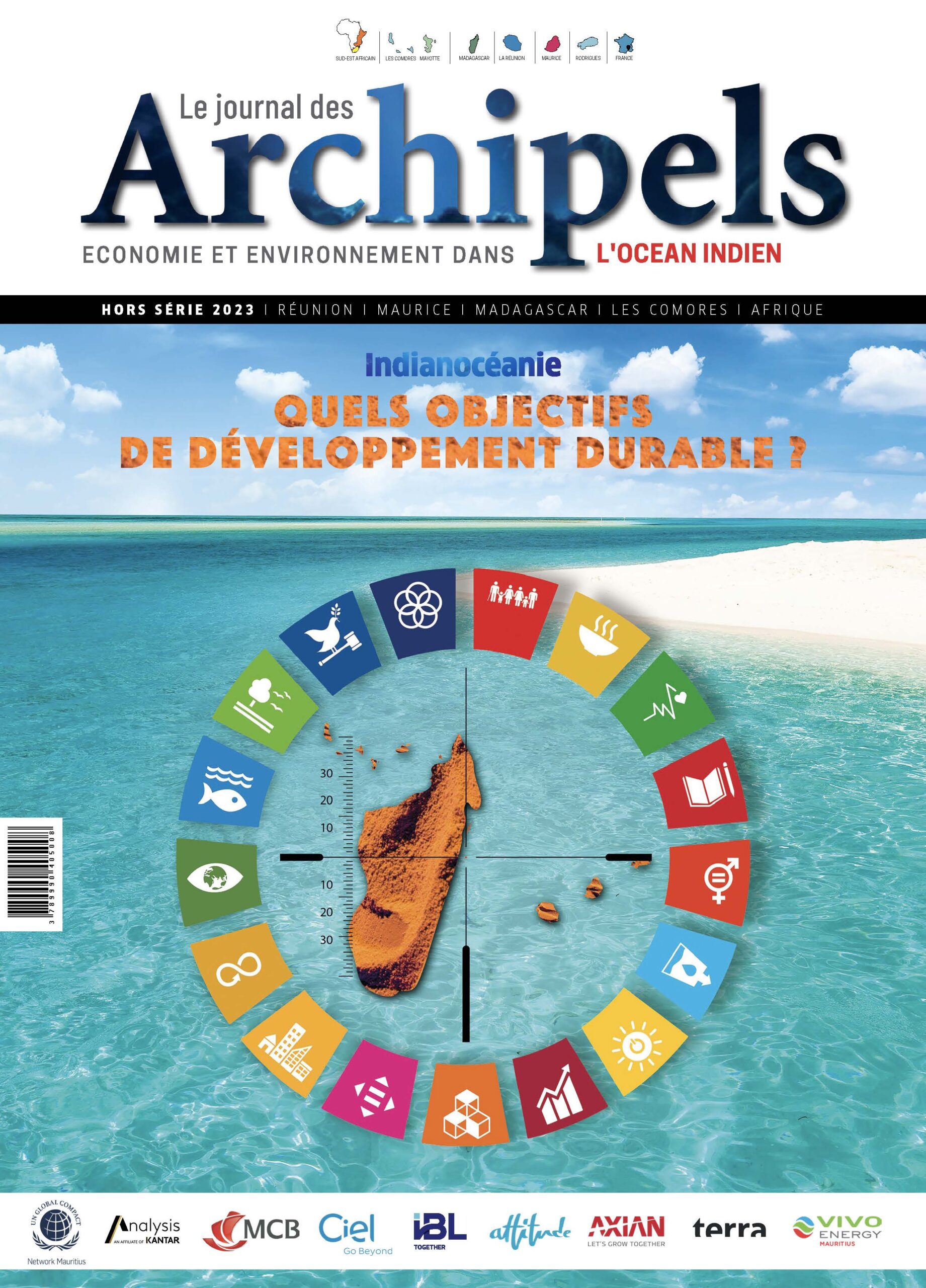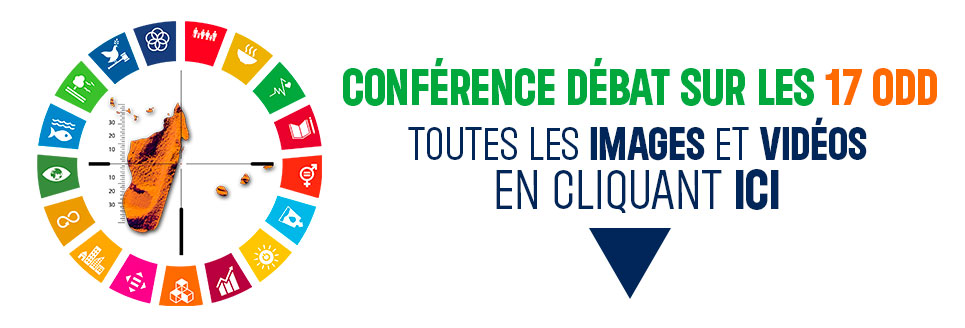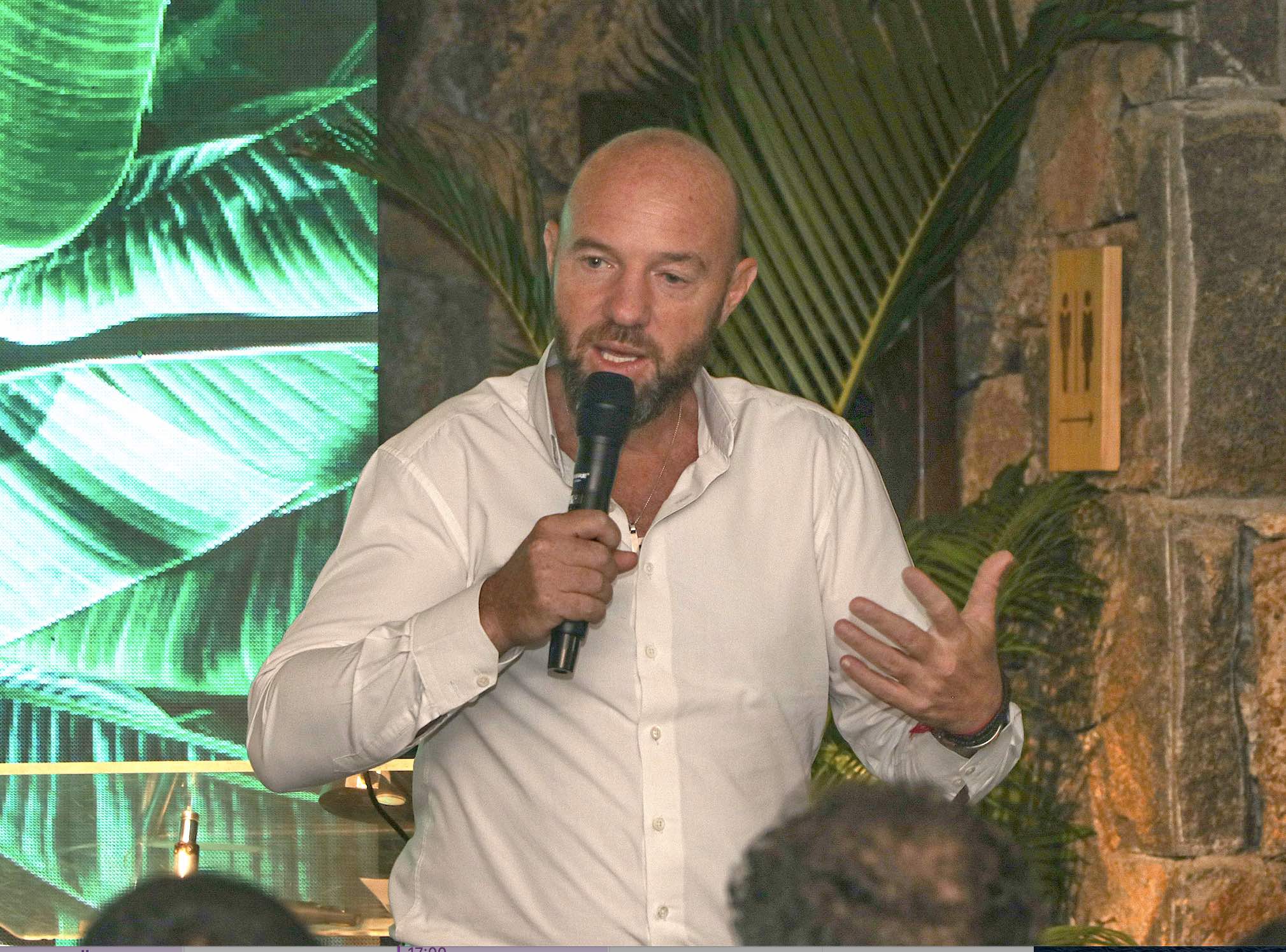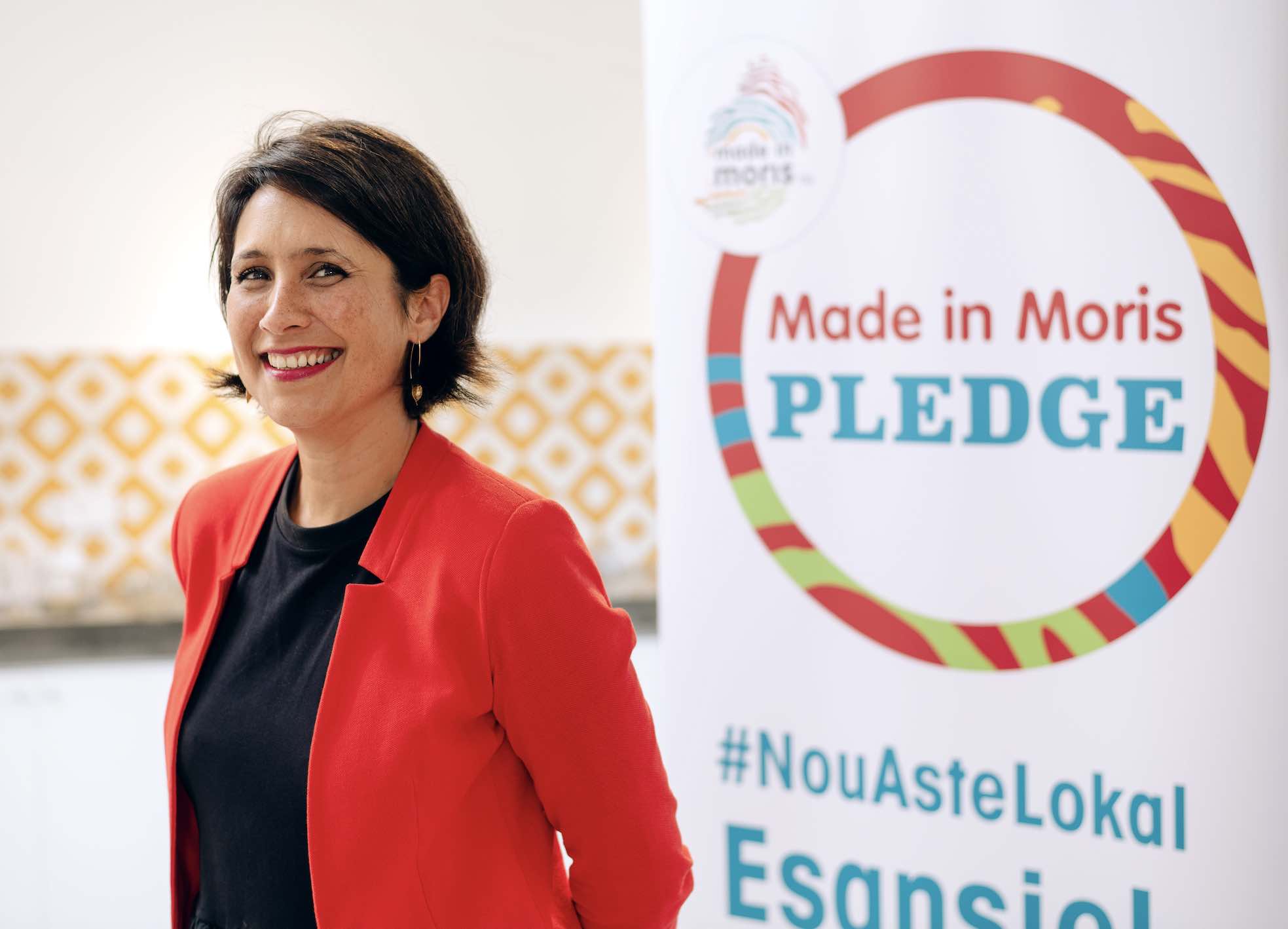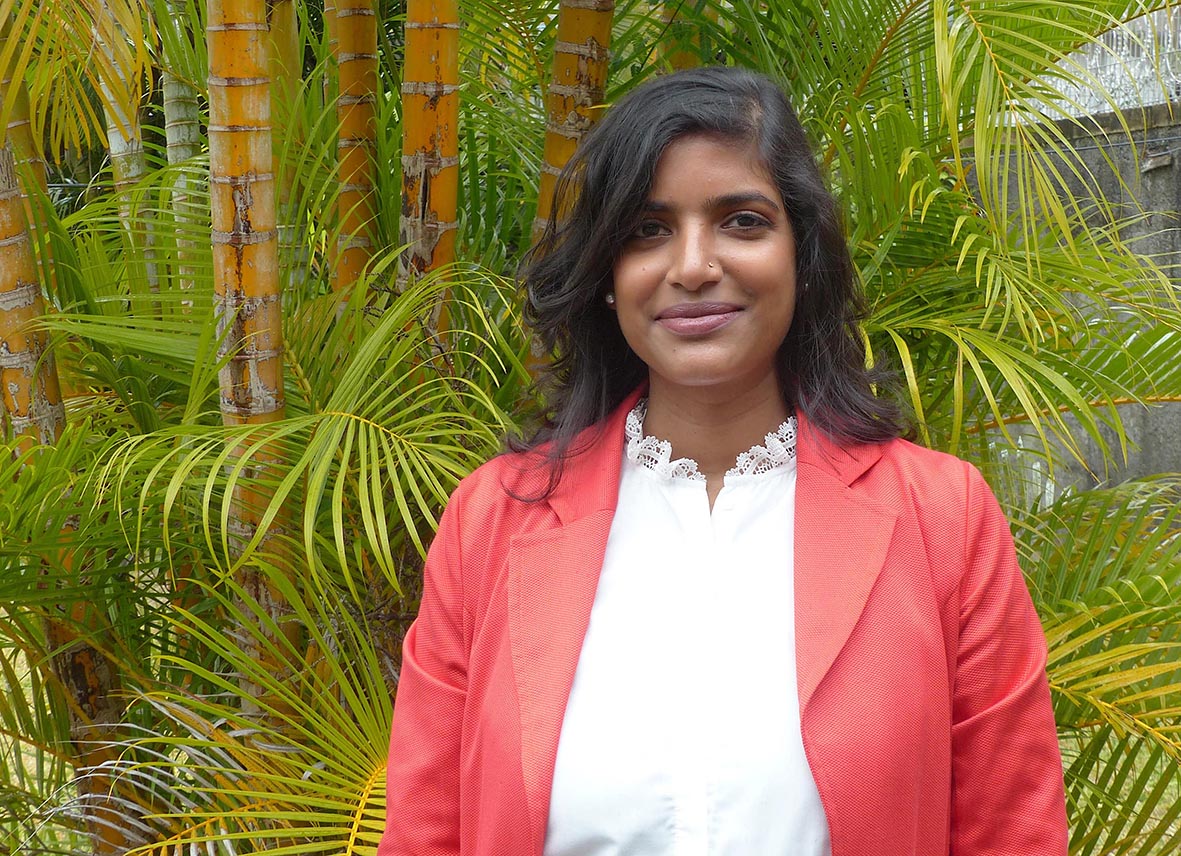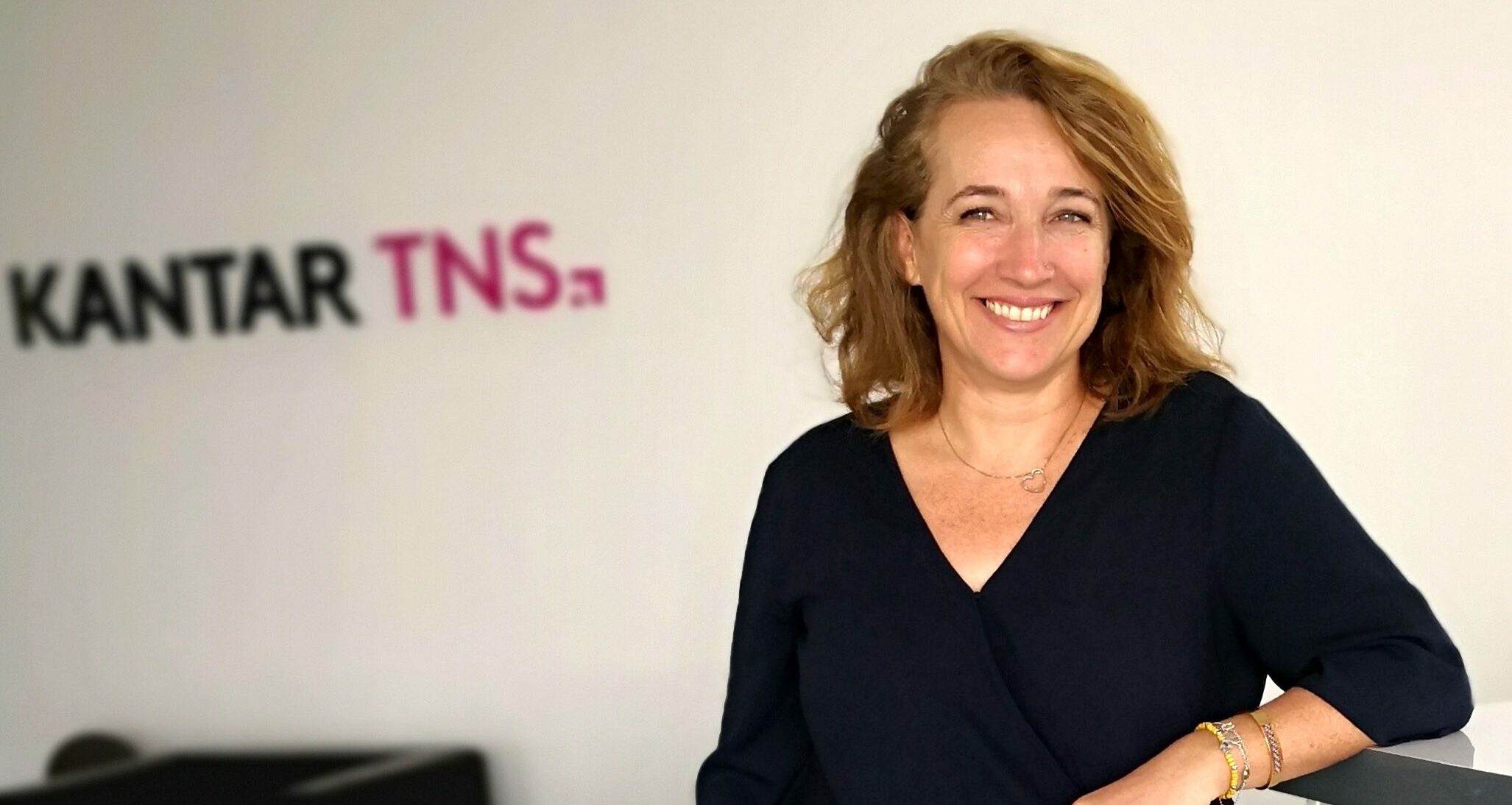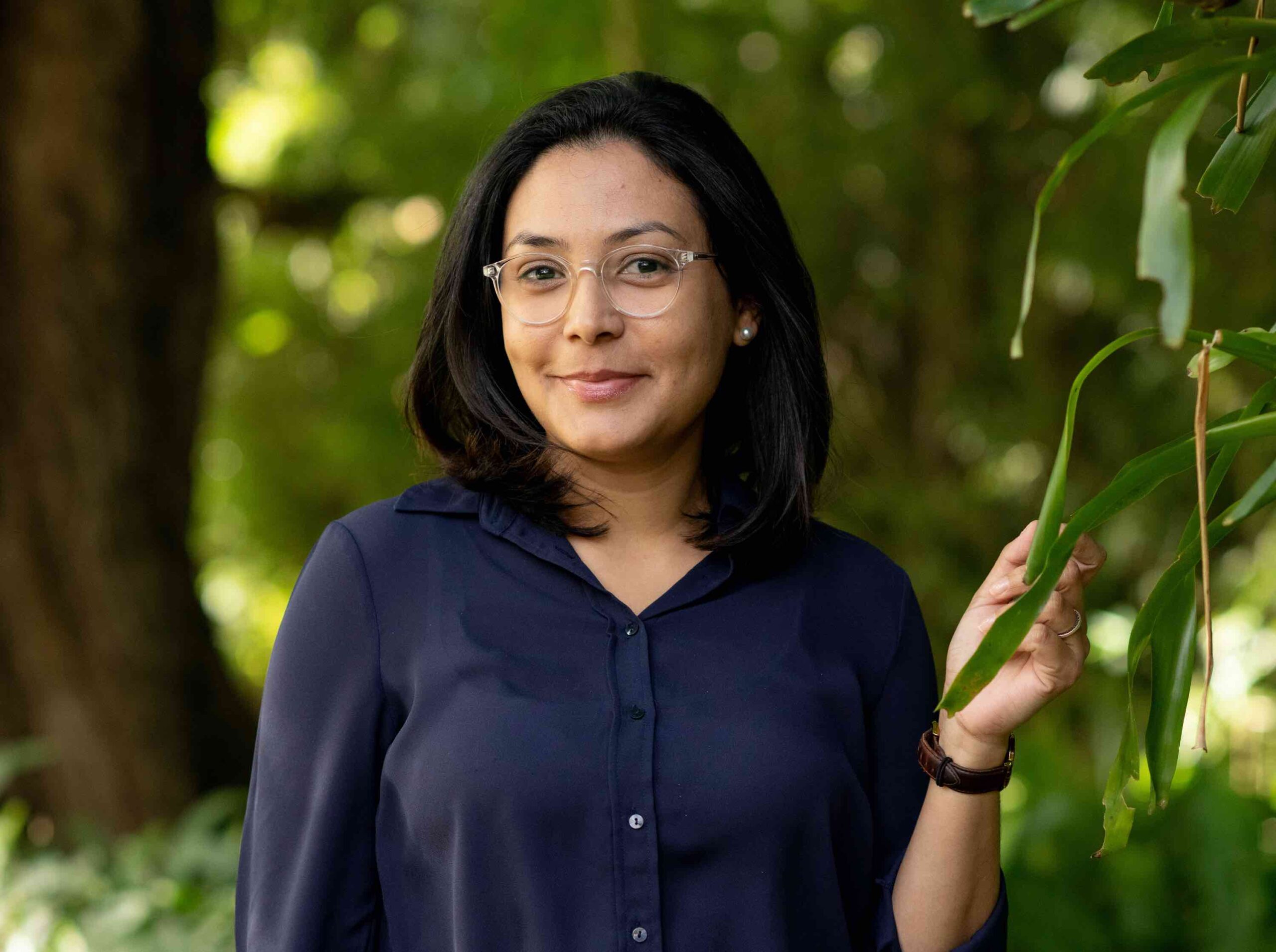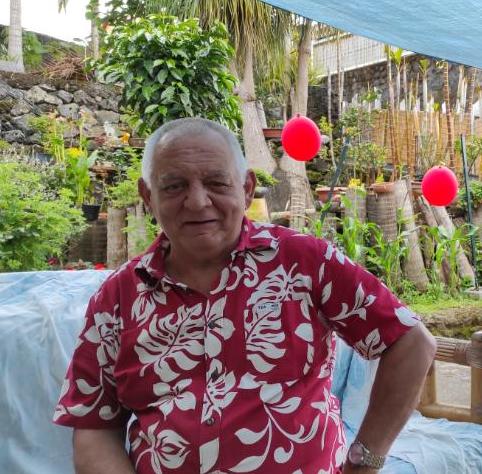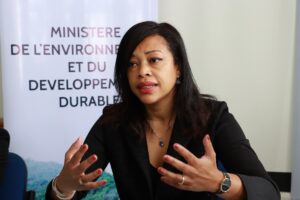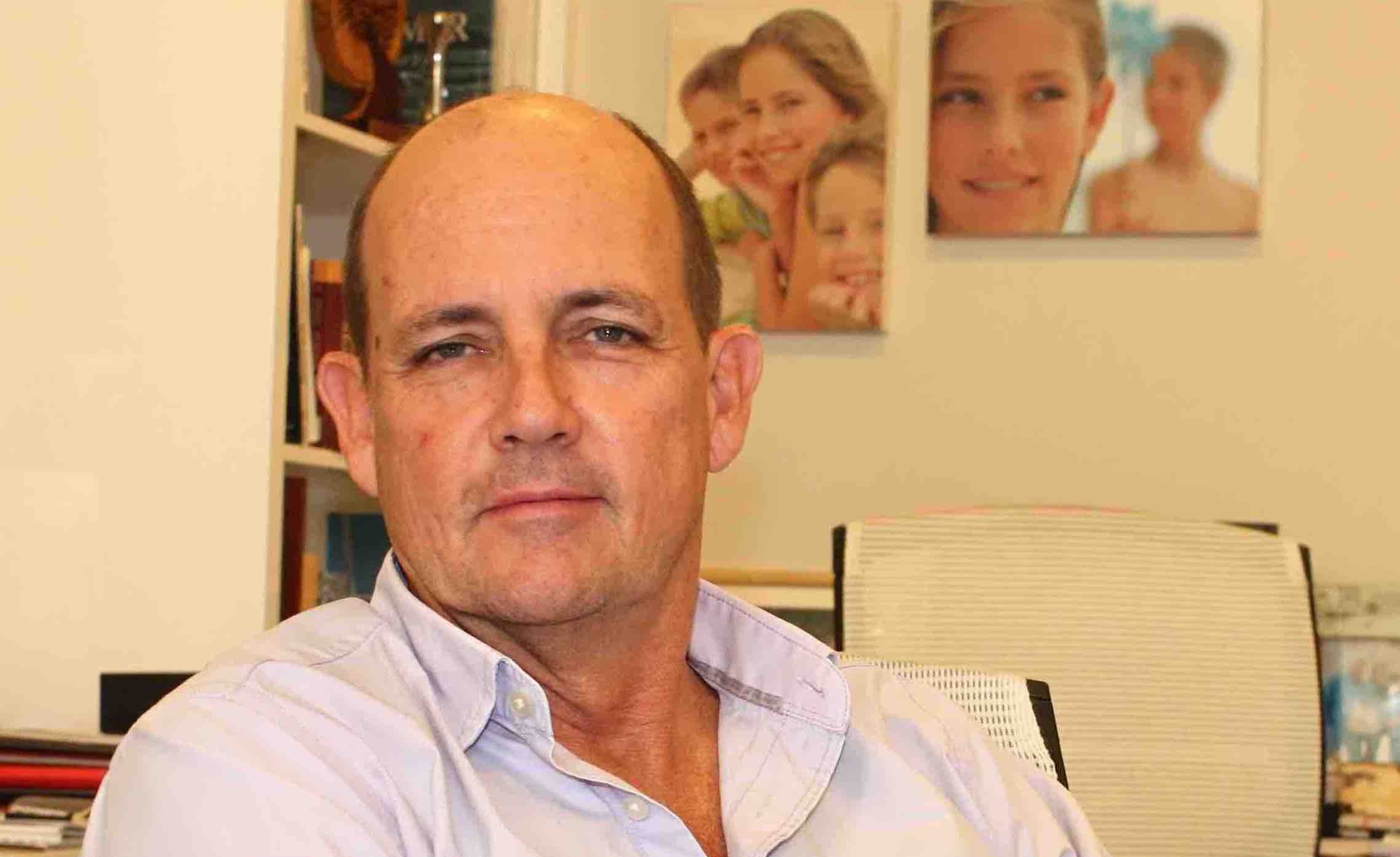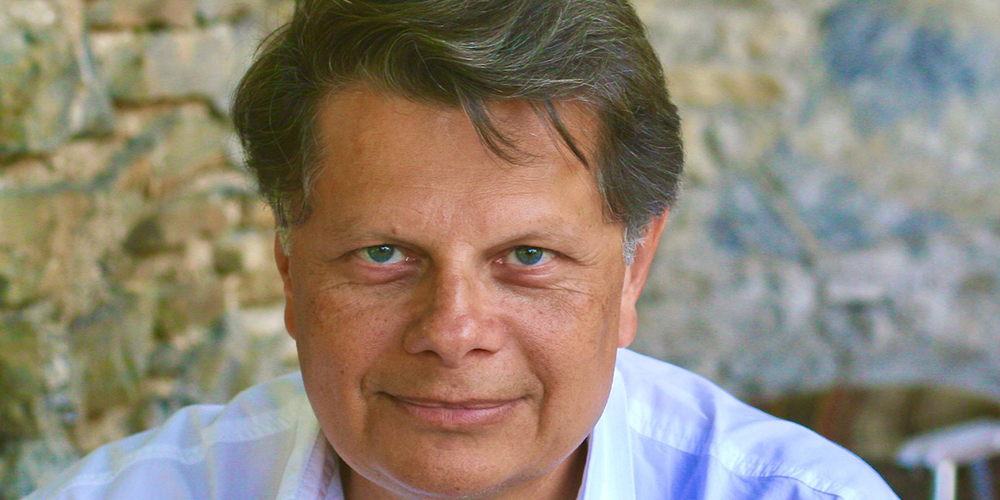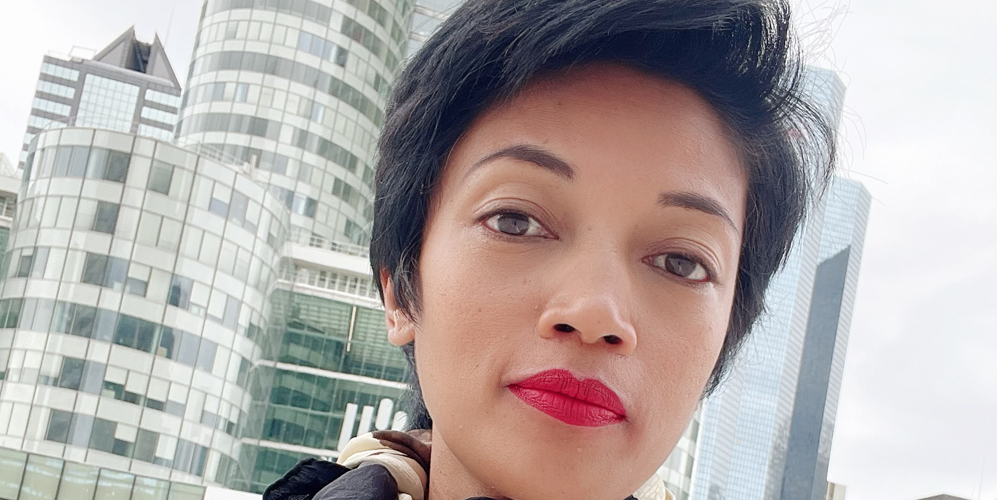Pods (names given to designate groups of whales or tribes) of whales live in family under the responsibility of a matriarch. In Mauritius, we are lucky to have a sedentary pod since the females and juveniles stay off our coasts all year long. The matriarch named Irene-Gueule-Tordue has just seen her family grow with the birth of Chiho.
Image MMCO “This year we have seen the birth of two whales in this group that lives in Mauritius and that we have been studying since 2009” explains, with a smile, Hugues Vitry, president of the Marine Megafauna Conservation Organisation Mauritius (MMCO)*. In February, it was Andreas, a young male, who was born in Mauritian waters, then last August, it was a female named Chiho who was born in the west of the island… Let’s emphasize that the MMCO, financed by MRIC (Mauritius Research and Innovation Council), has special authorizations to get into the water and observe the animals. This is how Hugues Vitry and his team were able to identify the sex of the animals, which is impossible from the surface… “The birth of a female sperm whale is something exceptional”, for him. Indeed, here the population is of the order of 30 to 35 individuals, it is a small population and the males leave the pod at the age of 9 or 10 years to live alone in the southern seas. So they are no longer counted as resident animals, whereas the females stay all their life in Mauritian waters, for about 70 years… Moreover, in the last few years, there have been more births of males, which makes the population stagnate. So this birth is something great… *MMCO works for the protection of whales, sea turtles and sharks in Mauritian waters. The Maubydick Project was launched in 2011 to conduct studies on these species, in partnership with Megaptera, Blue Water Diving Centre Limited, Label Blue, Longitude 181, Teria and Exagon and Un Océan de Vie.


